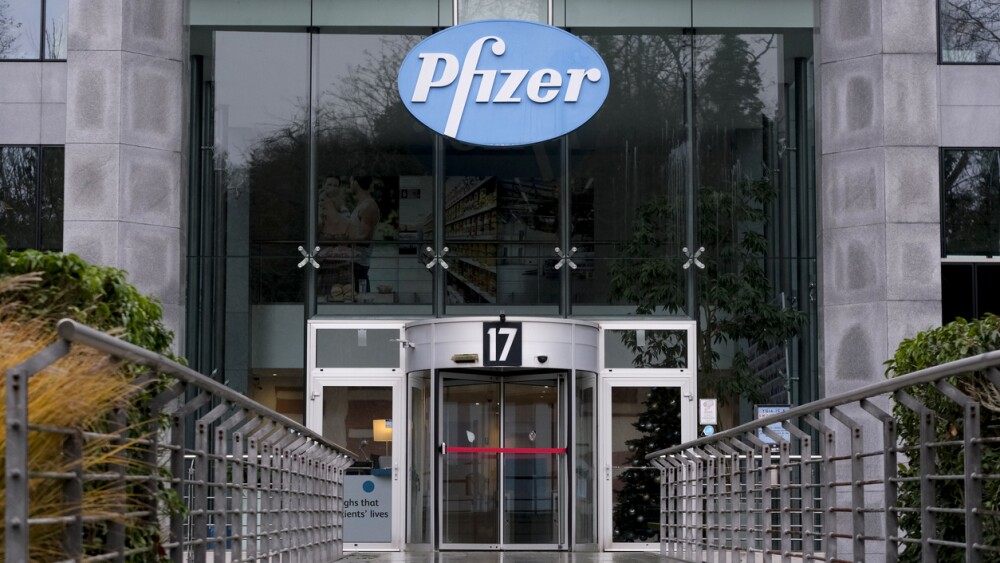Johnson & Johnson linked Carvykti to a 45% reduction in risk of death and Darzalex to a 61% improvement in minimal residual disease-negativity, boosting the prospects of two key growth drivers for the company.
Johnson & Johnson announced positive clinical trial data on two of its key growth drivers Friday, linking its multiple myeloma drugs Carvykti and Darzalex Faspro to improved outcomes.
The multiple myeloma franchise is a growth engine for J&J. Sales of anti-CD38 antibody Darzalex increased 21.3% in the second quarter, growth that J&J primarily attributed to market share gains. Revenue from BCMA-directed CAR-T cell therapy Carvykti, a newer product than Darzalex, jumped 59.9% to $186 million over the same three-month period.
J&J used the 2024 International Myeloma Society (IMS) Annual Meeting to share data that could fuel further growth of the two products. The Carvykti presentation featured three-year data from a Phase III trial that studied the cell therapy as a second-line treatment. J&J compared Carvykti to pomalidomide, bortezomib and dexamethasone (PVd) or daratumumab, pomalidomide and dexamethasone (DPd).
After three years, J&J saw a 45% reduction in the risk of death on Carvykti compared to standard therapies. The overall survival (OS) rate after 30 months was 76% on Carvykti and 64% on PVd or DPd. The Carvykti arm has yet to reach median progression-free survival. The figure for the standard therapies was nearly 11.8 months.
BMO Capital Markets analysts wrote in a note to investors that they “believe Carvykti’s strong/durable efficacy, characterized by stat sig OS benefit, will continue to drive/increase uptake in [second to fourth line use] and serves as a competitive advantage.” The analysts predict the data on Carvykti, coupled with the lack of OS benefit for Bristol Myers Squibb’s Abecma, could help J&J grow sales of its CAR-T to $10 billion.
William Blair analysts called the data “incrementally positive” but said they “continue to believe that the number of available commercial manufacturing slots will be the primary driver of revenue ... in the near term.”
Darzalex is already a $10 billion a year product. J&J used its IMS presentation to share Phase III data on the use of Darzalex Faspro, the subcutaneous formulation of the drug, with bortezomib, lenalidomide and dexamethasone (VRd) in the treatment of patients with newly diagnosed multiple myeloma. Sanofi recently won FDA approval to use its rival CD38 drug Sarclisa with VRd in the same population.
J&J linked the addition of Darzalex Faspro to VRd to a 60.9% improvement in minimal residual disease-negativity, causing the study to meet its primary endpoint. The drugmaker also reported a 43% reduction in the risk of progression or death.
Sanofi won approval for Sarclisa, which is currently given intravenously, in the setting on the strength of a trial that linked its product to a 40% reduction in the risk of disease progression or death. Sarclisa has yet to generate blockbuster sales, bringing in less than $500 million last year, but has first-mover advantage in the indication.






